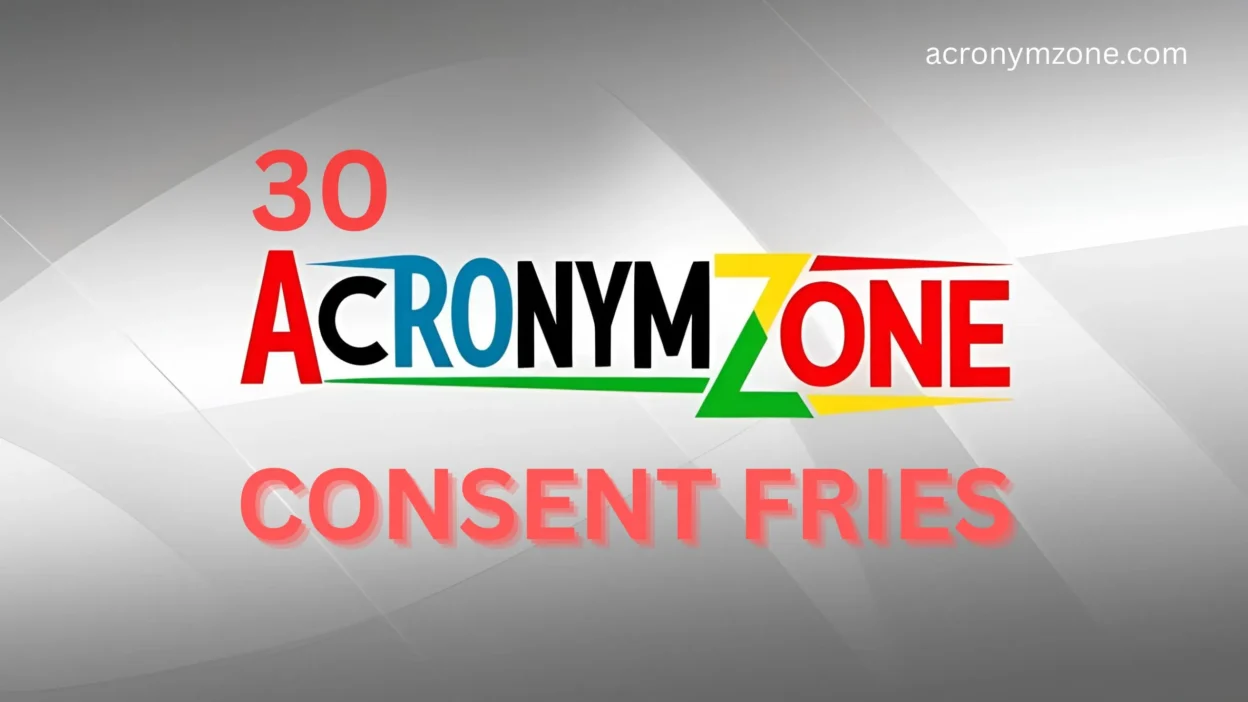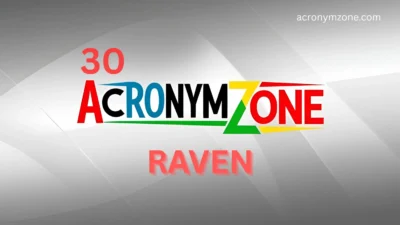When we hear “Consent FRIES,” it may sound like a quirky snack—but in reality, it’s a powerful and essential acronym that promotes healthy communication, boundaries, and mutual respect, especially in intimate and social situations.
This blog post breaks down the meaning of Consent FRIES, explores its emotional and cultural significance, and introduces 30 thoughtful alternatives (acronyms or related words). Each synonym is presented with a quick definition, usage tip, and example sentence so you can confidently use it in conversations, education, or writing.
🍟 What Does the Consent FRIES Acronym Mean?
The FRIES acronym outlines the core components of real consent:
- F – Freely Given: Consent must be given voluntarily, without pressure or manipulation.
- R – Reversible: Anyone can change their mind at any time.
- I – Informed: All parties must have the necessary information.
- E – Enthusiastic: Consent should be given with genuine excitement and willingness.
- S – Specific: Saying yes to one thing doesn’t mean saying yes to everything.
Together, these elements represent a model of respectful interaction and communication, especially regarding bodily autonomy, personal space, and trust. But these values can extend far beyond intimate settings—into workplaces, friendships, and everyday life.
🧠 Emotional Tone and Core Nuances
The Consent FRIES mindset represents someone who is:
- Mindful – Present and attentive to others’ needs.
- Respectful – Understands and honors boundaries.
- Emotionally intelligent – Aware of emotional cues and willing to listen.
- Empowering – Creates space for others to express their agency.
🔄 30 Alternatives for Consent FRIES (with Usage Tips)
Here are 30 synonym-like words and ideas aligned with the spirit of Consent FRIES. Use these in different contexts depending on tone, formality, or intention.
1. Respect
Upholding boundaries and honoring others’ choices.
Use when discussing values or behavior.
“He showed her respect by asking first.”
2. Permission
Explicit approval before action.
Use in structured or educational language.
“You need permission to share that photo.”
3. Autonomy
Personal freedom and self-governance.
Use in empowerment or policy discussions.
“Bodily autonomy is a fundamental right.”
4. Agency
Ability to make decisions independently.
Use in psychology, sociology, or ethics.
“She asserted her agency by speaking up.”
5. Boundaries
Personal limits regarding comfort or behavior.
Use for emotional, physical, or digital interactions.
“Clear boundaries build better relationships.”
6. Consent
The foundational term—clear, enthusiastic agreement.
Use in legal, educational, or personal discussions.
“Consent is more than a ‘yes’; it’s about enthusiasm.”
7. Mutual
Shared by both or all parties.
Use for fairness and equality.
“Mutual consent is essential for trust.”
8. Affirmative
Positive, active approval.
Use to emphasize clarity in agreement.
“They waited for an affirmative response.”
9. Considerate
Thoughtful of others’ feelings and space.
Use in general character description.
“He’s always considerate of people’s boundaries.”
10. Informed
Knowing the facts before agreeing.
Use in legal, medical, or educational contexts.
“She gave informed consent after reviewing everything.”
11. Voluntary
Done without pressure or force.
Use to stress choice.
“Participation was completely voluntary.”
12. Clear
Easy to understand, without ambiguity.
Use in communication.
“Clear consent avoids confusion later.”
13. Reversible
Changeable at any time.
Use to remind people that consent isn’t permanent.
“Consent is reversible—even in long-term relationships.”
14. Trust
Reliance on the integrity of someone.
Use for relational or team dynamics.
“Consent builds a foundation of trust.”
15. Empowered
Feeling in control and confident.
Use for personal development or advocacy.
“Consent empowers people to speak their truth.”
16. Open
Willing to discuss and listen.
Use in communicative contexts.
“They had an open conversation about comfort levels.”
17. Caring
Showing concern for others.
Use in intimate or empathetic descriptions.
“Consent starts with a caring attitude.”
18. Reassured
Comforted and made to feel safe.
Use in emotional support scenarios.
“He reassured her she could stop anytime.”
19. Safe
Free from harm or pressure.
Use in environments promoting security.
“Creating a safe space involves asking for consent.”
20. Attuned
Sensitive to another’s emotions or needs.
Use in relationships or therapy.
“They were attuned to each other’s comfort levels.”
21. Willing
Ready and eager to say yes.
Use to stress the difference from reluctant agreement.
“Real consent is about being willing, not obligated.”
22. Present
Fully engaged and aware.
Use in mindful interaction.
“You must be present to truly give consent.”
23. Equitable
Fair and impartial.
Use in social justice or group settings.
“Consent practices help create equitable relationships.”
24. Gentle
Kind and non-invasive.
Use for tone or behavior.
“He was gentle in how he asked.”
25. Thoughtful
Shows care through intention.
Use in interpersonal discussions.
“Asking was a thoughtful gesture.”
26. Collaborative
Works together with others.
Use for mutual understanding.
“They made a collaborative decision.”
27. Mindful
Aware and respectful of others’ space and feelings.
Use in therapy or educational settings.
“Mindful communication supports consent culture.”
28. Transparent
Honest and open.
Use to build clarity and trust.
“Transparency about desires builds stronger consent.”
29. Supportive
Offers help and encouragement without pressure.
Use for allies and caregivers.
“He was supportive, never pushy.”
30. Listening
Actively receiving and respecting others’ words.
Use in all communication-based settings.
“Listening is the first step to understanding consent.”
🎯 How to Choose the Right Term
Here’s how to pick the most suitable synonym based on tone and context:
| Emotion/Tone | Best Synonyms |
| Formal & Legal | Consent, Informed, Voluntary, Affirmative |
| Empathetic & Supportive | Caring, Gentle, Listening, Empowered |
| Activist/Advocacy | Agency, Autonomy, Mutual, Equitable |
| Romantic/Relational | Attuned, Reassured, Trust, Present |
| Educational/Youth | Boundaries, Respect, Clear, Safe |
Also, cultural context matters:
- In Western settings, autonomy and agency are often celebrated.
- In more communal cultures, mutual, respect, and supportive might carry more weight.
✅ Conclusion: Speak the Language of Respect
The Consent FRIES acronym isn’t just a catchy mnemonic—it’s a mindset that promotes safety, respect, and emotional intelligence. By understanding its core values and choosing the right synonyms or alternatives, you can better communicate boundaries, empower others, and cultivate deeper trust in every area of life.
Whether you’re teaching, parenting, advocating, or building a relationship—remember: Consent isn’t complicated. It’s kind, clear, and essential.

Jhony Osta is a contemporary Lebanese pop singer known for performing at live music venues and events, particularly within the Lebanese diaspora in Canada. His music falls under the Pop genre.He released the single and music video “Bala Matroud” in 2023.You can follow his updates and music on social media platforms like Instagram and Facebook.




